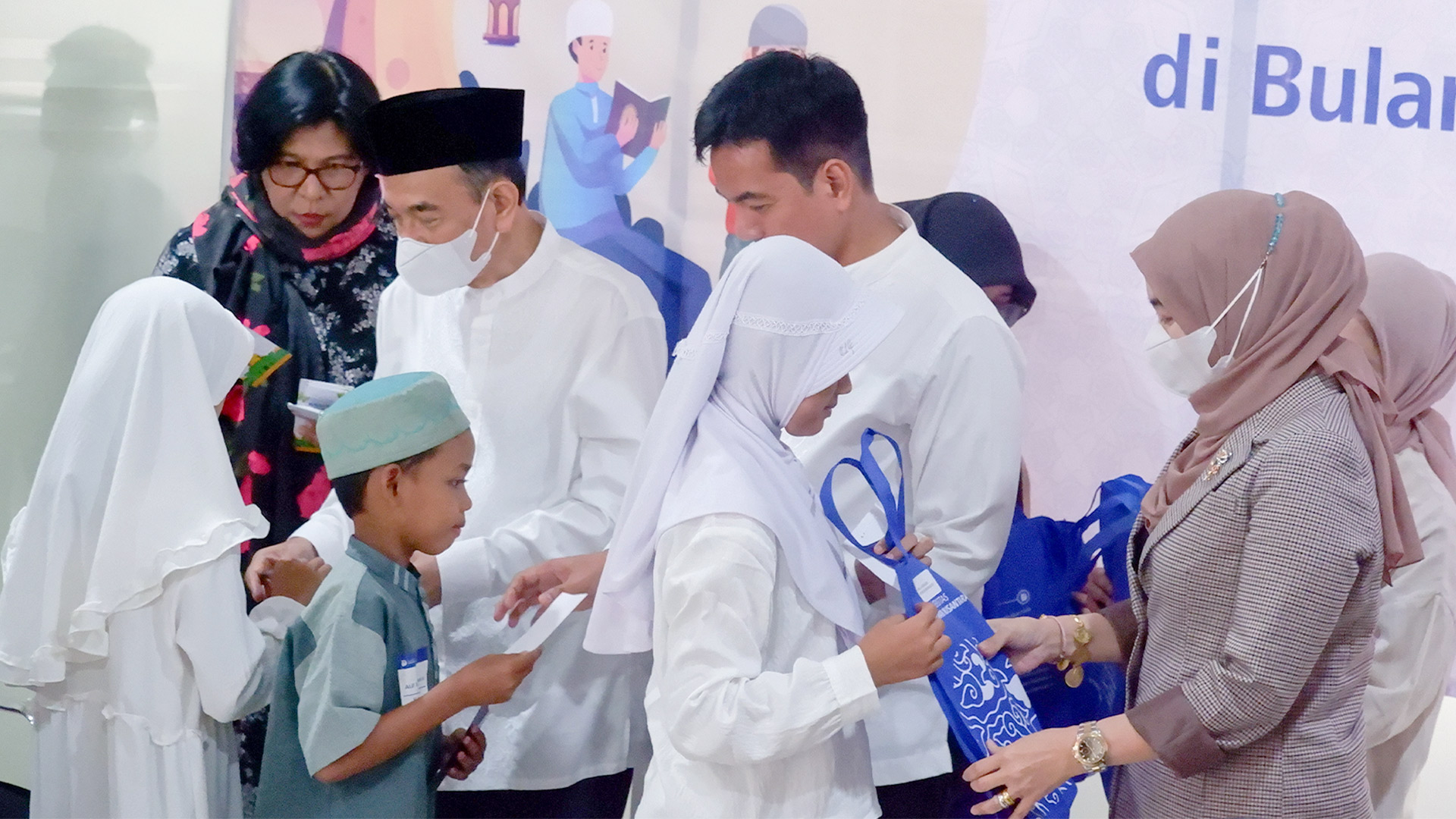Understanding vs. Memorizing: Which Is Better for University Students' Learning?
.jpg)
In higher education, students are often faced with the challenge of choosing the most effective learning strategies to absorb information efficiently. Two major approaches frequently compared in this context are memorization and comprehension. But which method is actually more effective in supporting the learning process?
The answer largely depends on various factors such as study duration, emotional state, type of material, emotional connection to the topic, and individual memory capacity. Some students possess an exceptional ability to memorize information quickly and accurately. In this context, memorization refers to the process of storing information—either orally or in writing—and continues to play a significant role in learning.
Interestingly, several studies in the field of Biology have shown that memorization can stimulate the nervous system and strengthen neural networks in the brain. This function is closely linked to a part of the brain called the hippocampus, which is responsible for emotional regulation and long-term memory. It is no surprise, then, that memorization still holds value in certain aspects of learning.
A clear example of memorization in action can be seen in practical exams during secondary education, where access to books or the internet is restricted. In such cases, students are trained to recall information without external aids. Even at the university level, memorization remains necessary—particularly in disciplines such as medicine (anatomy), law (statutes and regulations), and literature (vocabulary or literary quotations).
However, relying solely on memorization without deep understanding carries inherent risks. David Ausubel (1963), in his theory of meaningful learning, emphasized that comprehended information lasts longer in long-term memory and is more easily applied to real-world situations. This is influenced by emotion, context, and the learning experience itself. While memorization may be efficient in the short term, it is prone to being forgotten over time—regardless of age or intensity of study.
The main drawback of the memorization method lies in reasoning. Students who merely memorize material tend to respond rigidly, especially when faced with case-based or analytical questions - thus presenting a challege to an ongoing presentations. They only grasp the information at a surface level rather than understanding it within a broader context. Such situations are common in academic forums requiring open argumentation, including thesis defenses—where rote memorization can backfire.
Conversely, understanding material allows students to connect concepts across disciplines, develop original thought, and apply theories to real-life practice. Comprehension enhances critical thinking, problem-solving, and more mature academic communication. One effective strategy is to combine active recall and spaced repetition—in other words, memorizing while actively testing oneself and reviewing material gradually—complemented by discussion or practical application in assignments.
Of course, lecturers and academic institutions also play a crucial role in fostering a learning ecosystem that promotes comprehension. Curricula based on discussion, case studies, collaborative projects, and narrative assessment are far more conducive to developing analytical thinking than evaluation systems that merely test memorization.
Ultimately, while memorizing can be faster and less mentally taxing in the short run, students must still aim to master the material deeply. In line with the core values of Universitas Dian Nusantara (UNDIRA)—Visionary, Integrity, and Professionalism—every student is expected not only to answer questions correctly but also to think critically, solve problems, and demonstrate both academic competence and moral integrity as future leaders and architects of national civilization.
(Sekar Ayu / Humas UNDIRA)
Press Contact :
Biro Humas & Sekretariat Universitas Dian Nusantara
Facebook : www.facebook.com/undiraofficial
Instagram : www.instagram.com/undiraofficial
Twitter : www.twitter.com/undiraofficial
www.undira.ac.id

Campus Tanjung Duren
Jln. Tanjung Duren Barat II No. 1
Grogol, Jakarta Barat. 11470
Campus Green Ville
JIn. Mangga XIV No. 3
Campus Cibubur
Jln. Rawa Dolar 65
Jatiranggon Kec. Jatisampurna, Bekasi. 17432










